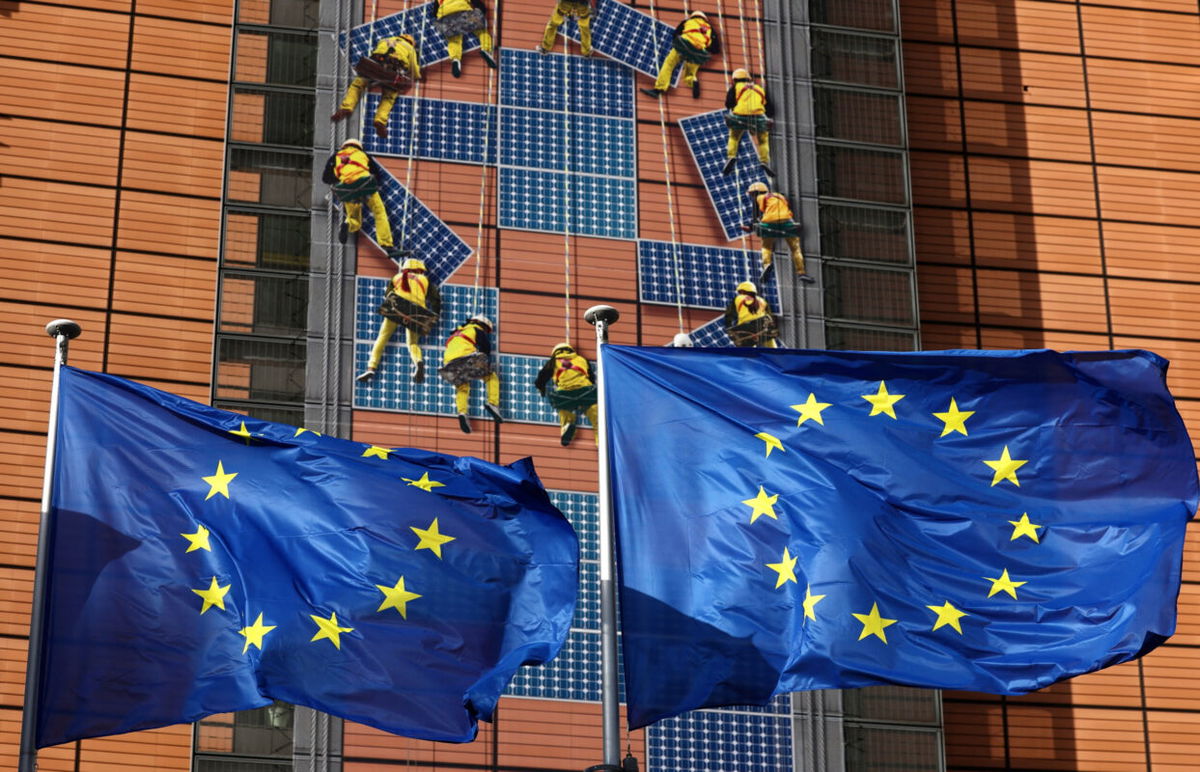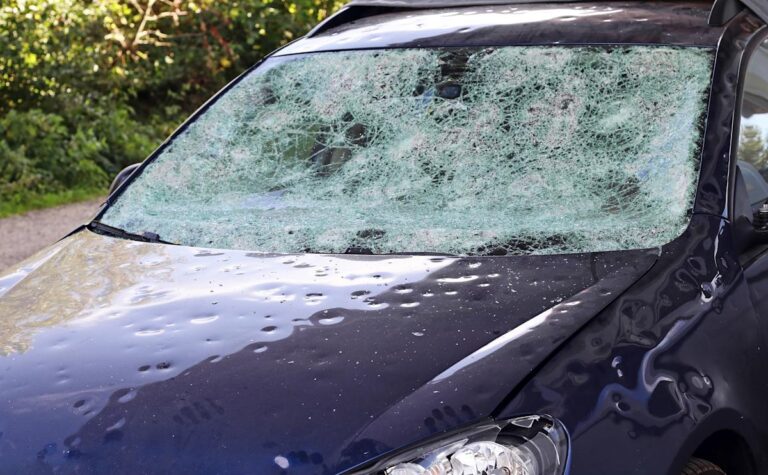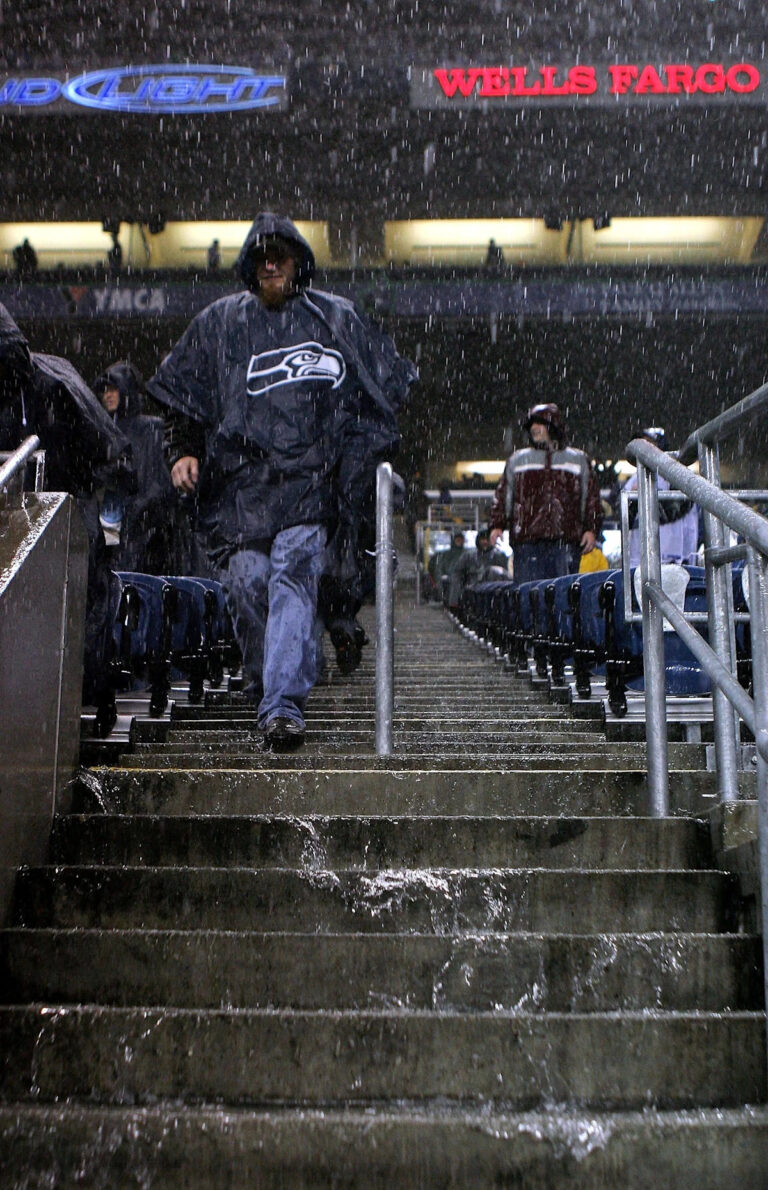
In 2024, the European Union recorded the highest level of received alerts of banned chemicals being found in everyday products.
Through their Safety Gate Rapid Alert System mechanism, the European Union offers its citizens a platform to report products that could pose a threat due to presence of harmful chemicals. In 2024 more than 4,100 alerts were received, with alerts being raised about products like clothing, cosmetics, disposable vapes and toys.
This alert system does not only cover chemicals or toxic products, but it also aims to protect European nationals from products that could lead to choking hazards or damage people’s sight or hearing.
However, authorities have reported a presence of short-chain chlorinated paraffins, also called “forever chemicals“, which are banned from being imported to the EU, but have been found in cables and other electronic devices nonetheless.
Among other banned substances that were found on products during the past year, lead stands out as a dangerous one. Experts say no level of lead exposure is considered truly safe, but complaints on this chemical make up more than 300 out of the total number of alerts raised on the system. This presents a significant challenge for the European Union, as lead can make its way into the brain, liver, and bones. It is believed to affect the reproductive and cardiovascular systems and can hurt babies’ muscular and cognitive development.
Butylphenyl methylpropional, or BMHCA, is also especially worrisome for experts, as it is very common on perfumes, lotions and deodorants. Scientists agree that it could have a negative effect on fertility and cause skin problems. Banned in the EU since March 2022, it was found in almost all cosmetics with chemical risks.



![Sunday is the last day to take advantage of the Chase refinance mortgage rate sale [Expired]](https://thenewsblend.com/wp-content/uploads/2025/12/eed000a0-caf6-11f0-baaf-499d9d48b516-768x512.jpg)


